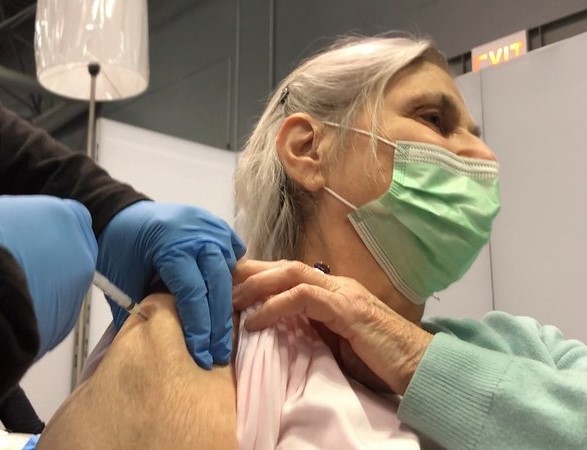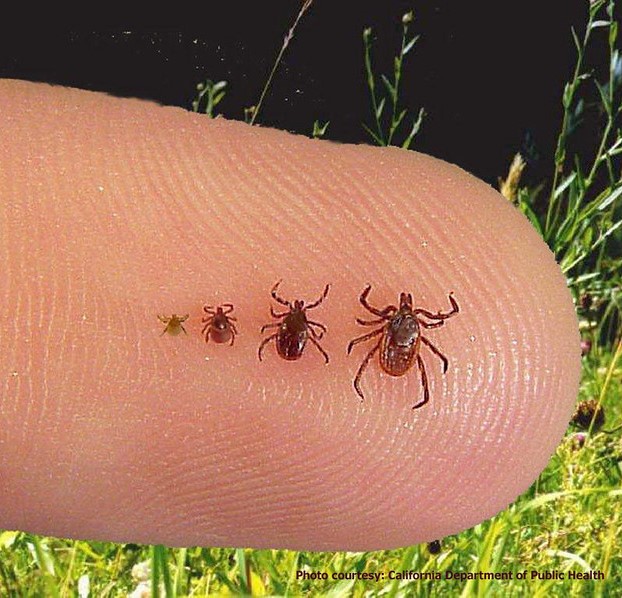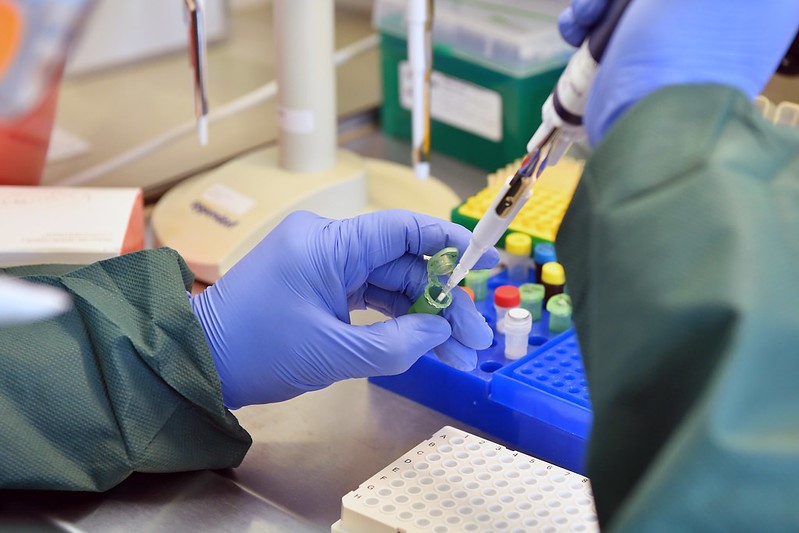
A new study in The Lancet shows booster vaccine doses protect lymphoma patients from COVID-19 infection, especially after the fourth dose.
The findings are based on outcomes seen in the PROSECO study, which enrolled 592 patients with lymphoma from nine hospitals in England from March 11, 2021, to September 9, 2022. Participants had blood sampling completed before and after one to four COVID-19 vaccine doses to measure antibody levels and T-cell responses.
Participants also completed surveys to assess COVID-19 infection and symptom severity, and researchers made note of breakthrough infections, defined as a SARS-CoV-2 infection occurring 2 weeks or more after vaccine administration.
A total of 20 (6%) of 334 participants developed a breakthrough infection after two vaccine doses, 40 (13%) of 315 developed a breakthrough infection after three vaccine doses, and 36 (14%) of 266 developed a breakthrough infection after four vaccine doses.
The median interval between the second vaccine dose and a breakthrough infection was 22.2 weeks, and 11.0 weeks between the fourth dose and infection.
More breakthroughs during Omicron
The authors hypothesized fewer breakthrough infections were noted after the first two booster doses because administration occurred during national UK lockdowns, while third and fourth doses were given among the Omicron variant strains and the relaxation of pandemic mitigation strategies.
Blood samples showed the only significant factors associated with breakthrough infection after third and fourth doses of vaccines were anti-spike IgG levels and pseudoneutralization titers. After three vaccine doses, the risk of breakthrough infection was 1.6 times less, and after four vaccine doses the risk of breakthrough infection was 2.3 times less, for every 10-fold increase in anti-spike IgG titers, the authors said.
For those with weakened immune systems, such as blood cancer patients, the risk remains very real.
"While the threat from COVID-19 is greatly reduced for most of us, for those with weakened immune systems, such as blood cancer patients, the risk remains very real," said senior author Sean Lim, MD, PhD, in a University of Southampton press release. "Our findings support the need for immunocompromised patients to continue booster vaccinations to maintain a high level of protection."


 Infectious disease consultation (IDC) was associated with a 40% reduced risk of death in gram-negative bacteremia patients, according to a multicenter
Infectious disease consultation (IDC) was associated with a 40% reduced risk of death in gram-negative bacteremia patients, according to a multicenter 











